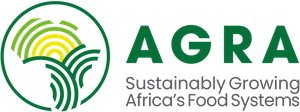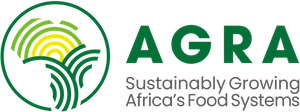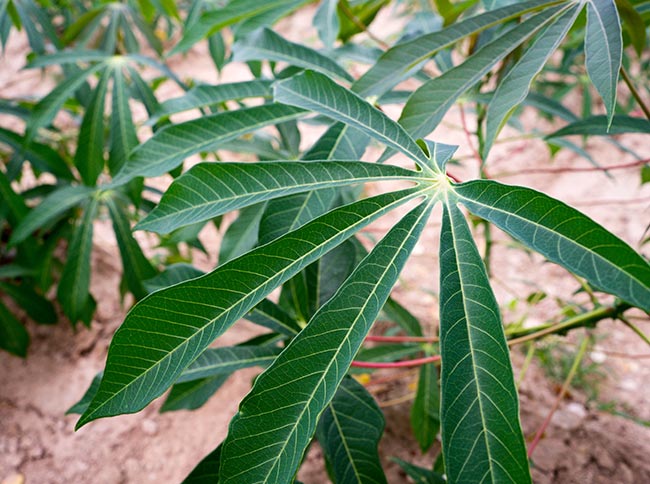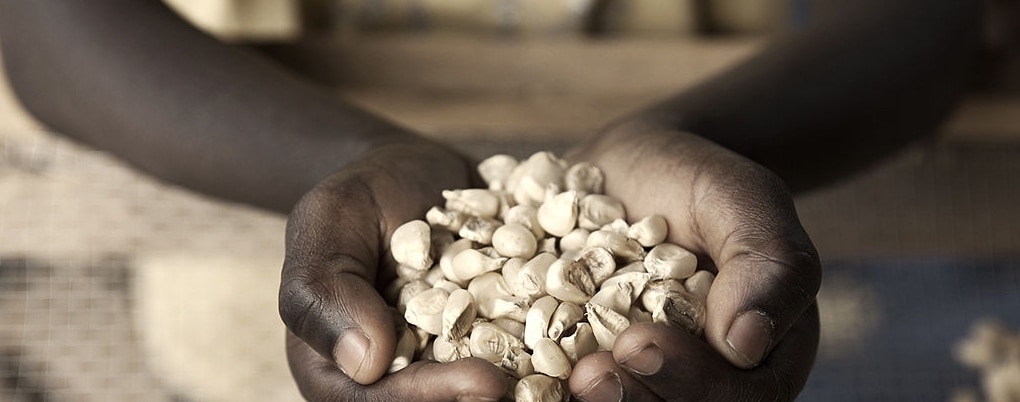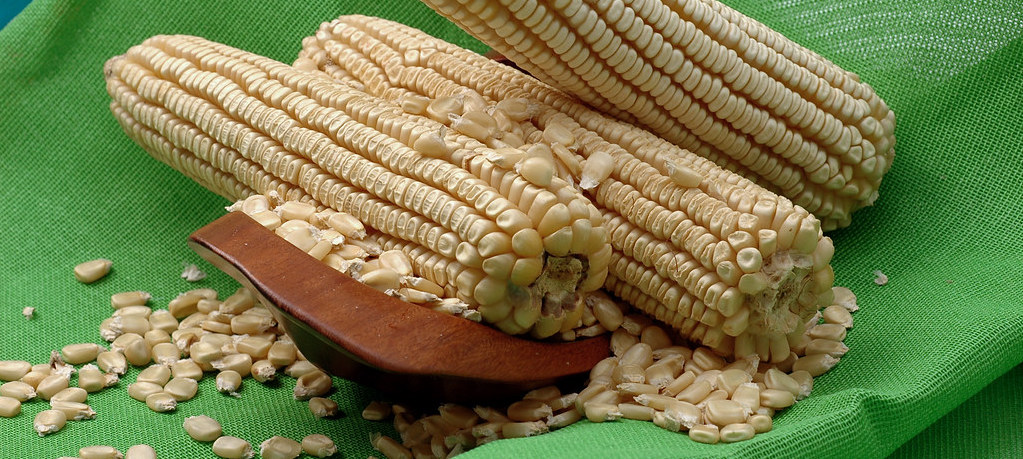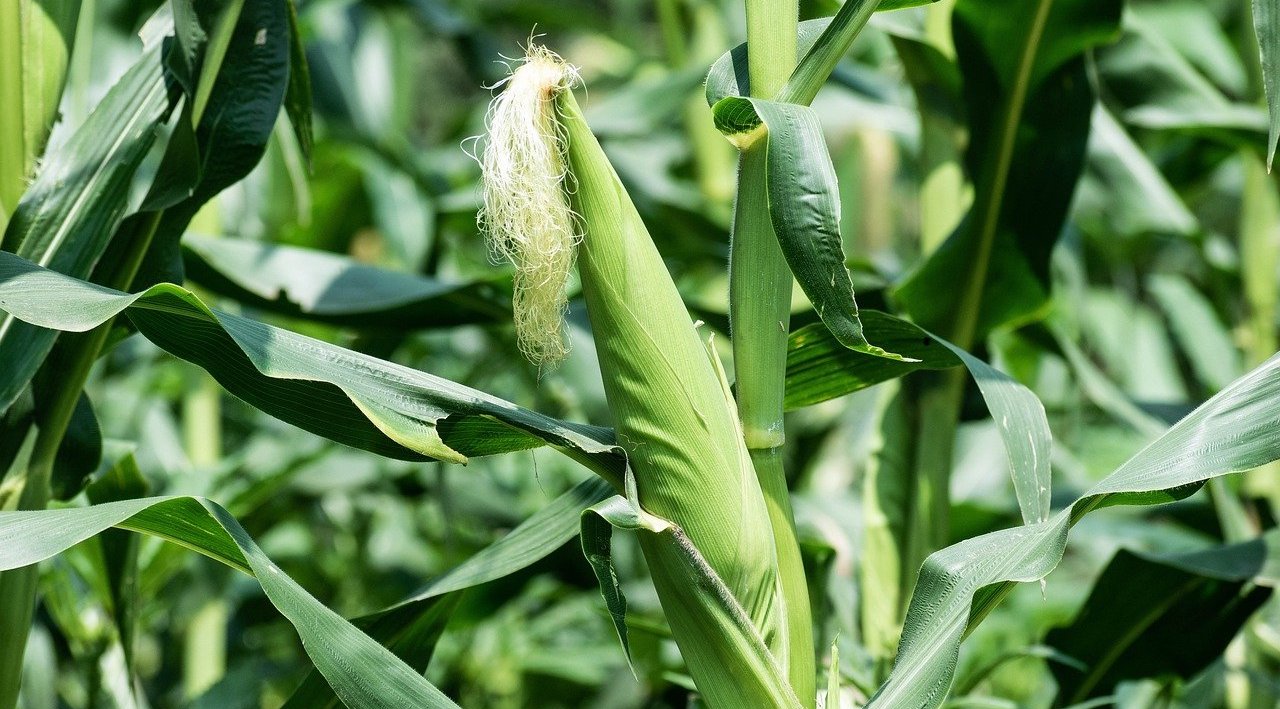Although Malawi’s population of poor people remains among the highest in the world, the coming of different interventions that are grouping individuals with common purposes are proving that it is possible to get Malawi’s predominantly rural and poor population out of poverty. Farmers clubs, business cooperatives and other groupings are being founded with the aim of helping interested Malawians to earn a decent living and develop their communities. The poverty levels in the rural areas are higher with a headcount ratio of 58% compared to 20% in the urban areas.
In Malawi’s eastern district of Balaka, a group of villagers near Chiyendausiku Trading center, about 150km from the commercial city of Blantyre, sat down in the year 2013 and decided to set up a bakery business that would help them earn a “little something” to support their families.
“We started our group in 2013. We were producing wheat flower products which we were selling in the community” Says Kingsley Matemani, Secretary of Tiyanjane Bakery and Seed Multiplication Club. “We had many challenges as a group and business. Wheat flower is expensive and that affected our operations because we didn’t have a large capital” He says.
In 2015, the Chancellor College of the University of Malawi through its Cassava Adding Value for Africa (CAVA) Project identified the group as one of the groups it would work with in propagating the addition of value to Cassava through the Scaling Seeds and Technologies Partnership in Africa (SSTP) to help farmers in Malawi realize maximum from their lands using modern technologies.
In 2013, AGRA started working with the United States Agency for International Development (USAID) to implement the Scaling Seeds and Technologies Partnership in Africa (SSTP), a US$47 million initiative working to give more farmers in Ethiopia, Ghana, Malawi, Mozambique, Senegal and Tanzania access to innovative agricultural technologies including improved varieties, complementary technologies, and the information on how best to manage these inputs.
“In 2015 CAVA visited us and started giving us support. We received a processing machine from the AGRA which processes high quality cassava flour.” Says Matemani adding that the group soon started using cassava flour in the bakery. “We are also selling the cassava flour to members of the community. Right now the market demand is very high we are failing to satisfy it.”
The Grater and Presser that the group received through the AGRA grant is helping the group process up to 4 tons of high quality cassava flour which they use per month. They are producing bread, bans, cakes and other products which are supplied to different communities including traders at the district headquarters.
Fanny Sanudi, is the treasurer of the group. She reveals that they are now making more money just by switching to cassava flour.
“In 2013 when we started with wheat flower we were making about K60000 ($82) per month. Our production and sales have gone up. People love the products made from cassava flour” She says. In October 2017 the group made a profit of K900, 000 ($1200) which was shared among the members. The money is then reinvested into the village bank which members of the group also run.
“I am paying for school fees and upkeep for three children, feeding the family and taking care of other needs from the money realized here” Says Sanudi. This is echoed by the rest of the group members who have their own stories to share.
CAVA has also trained the group in financial management to help them manage and invest finances in a profitable way. The group is also growing cassava which is then sold for flower production. “We make money from the sales of bakery products, but as individual farmers we also sale our cassava to the group, making more money for ourselves.
“We started with 33 farmers and 16ha of land. We have moved to 100 farmers with 24ha of land. Our group is distributing cassava seed to farmers in surrounding villages so that we have more producers from where we can buy cassava for our business but also to help fellow community members realize that cassava can transform their lives” Says Sanudi.
CAVA, with funding from AGRA has been implementing the Scaling up access to improved cassava varieties for sustainable value addition and markets in Malawi project which was drafted to facilitate scaling up access of clean cassava seed of improved varieties contributing to sustainable supply of raw materials (fresh roots) to processing plants to feed into various end user markets.
The aim of the project is to reduce hunger and poverty among smallholder farmers and community processors by improving cassava productivity and subsequent incomes.
A total of 8 sets of processing (graters and Pressers), were distributed and mounted, farmers were also linked to cassava flour and starch buyers.
